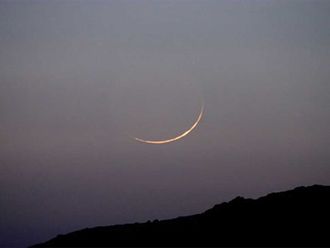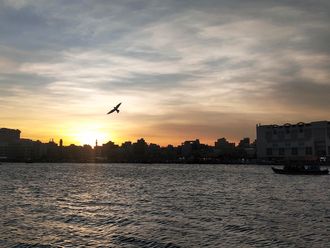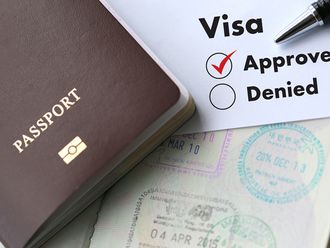Abu Dhabi: GCC member countries need to unite to protect their security in the face of challenges posed by Iran’s threat to the region, and the diplomatic crisis between Qatar and the Arab Quartet, an international policy conference heard yesterday.
Political analysts and academicians told the 4th Abu Dhabi Strategic Debate oraginsed by the Emirates Policy Centre in the capital Gulf countries should adopt a more unified and cohesive common approach, beyond the economic sphere.
Abdullah Bishara, President of the Diplomatic Center for Strategic Studies in Kuwait, stressed that the Gulf Cooperation Council was founded on a collective will; however, it has not yet risen to global and regional expectations. He added that GCC countries sought economic integration, but each country remained on its own path in the spheres of politics, diplomacy and security. “Till this moment, the council has not yet built a real deterrent power,” Bishara said.
Bishara said that the Gulf Cooperation Council needs to change its charter to become stronger, and there needs to be a new format to the council so it can transform into a “union” and build up a supranational military power.
Dr. Abdulkhaleq Abdullah, a leading Emirati political analyst, agreed and said that GCC countries have not yet succeeded in building a system for Gulf security, and found Iran to be one of the main obstacles to achieving that goal.
Dr Abdullah said the chances of a fourth Gulf war between GCC and Iran grew from zero at the beginning of this year to 20 per cent now and are expected to double to 40 per cent or more next year if the tension between the two sides continues.
Dr. Ayed Al-Manna, academician and political researcher said that GCC countries must build a military force to confront challenges, specifically from Iran.
Salem Alyami, political analyst pointed out that the greater part of Gulf security isn’t provided from within the GCC, rather from other countries, and that security is closely tied to these countries’ military perspective, and aims to accomplish the goals of Western power-players rather than benefit the countries of the region.
The panellists also discussed the diplomatic crisis between Qatar and the Arab Quartet – Saudi Arabia, UAE, Bahrain, and Egypt. They all agreed that the crisis hurt the Gulf Cooperation Council. H.E. Bishara said the crisis “paralyzed” the council, and found no alternative solution to the crisis other than dialogue and the mediation efforts led by Kuwait’s Emir, Sheikh Sabah Al-Ahmad Al-Jaber Al-Sabah.
Dr. Abdullahq, however, said that boycotting Qatar should continue despite the consequences and the cost resulting from it, because it should not be allowed to continue “undermining” the policies of the rest of the countries in the region.
Alyami found that the Qatar crisis exposed the “huge flaw” in the GCC, however, it provided an opportunity in the Saudi-Emirati cohesion which can improve the GCC.
The Abu Dhabi Strategic Debate also discussed Iran’s continued attempts to export its internal crises, and focused on the three main crises Iran is experiencing, which were: Tehran’s inability to produce a political or economic model as a country, the identity crisis due its reliance on the national religious complex (Iranian Shiite), and the crisis of building a power model where the flaw lies within Iran’s unilateral perspective of power, which is limited to “hard power” and discounting other forms of power.












